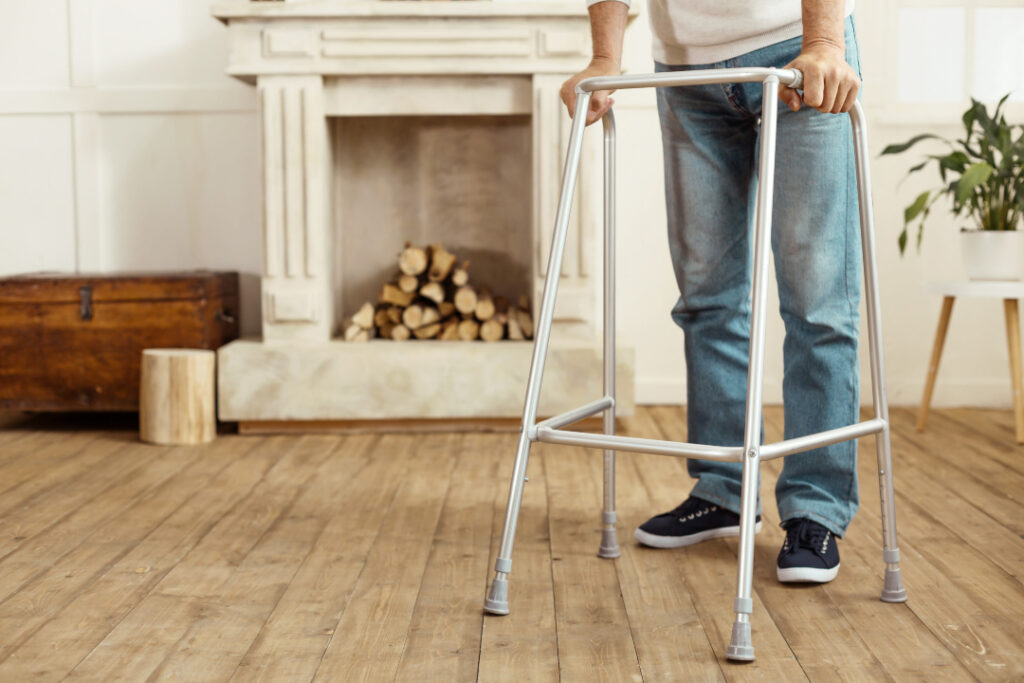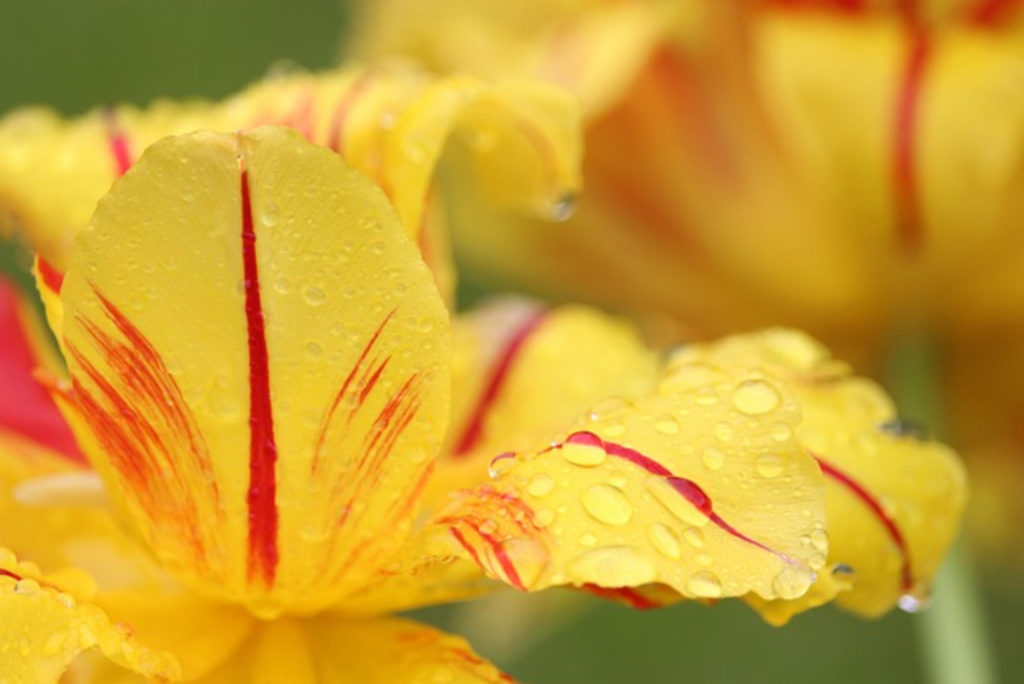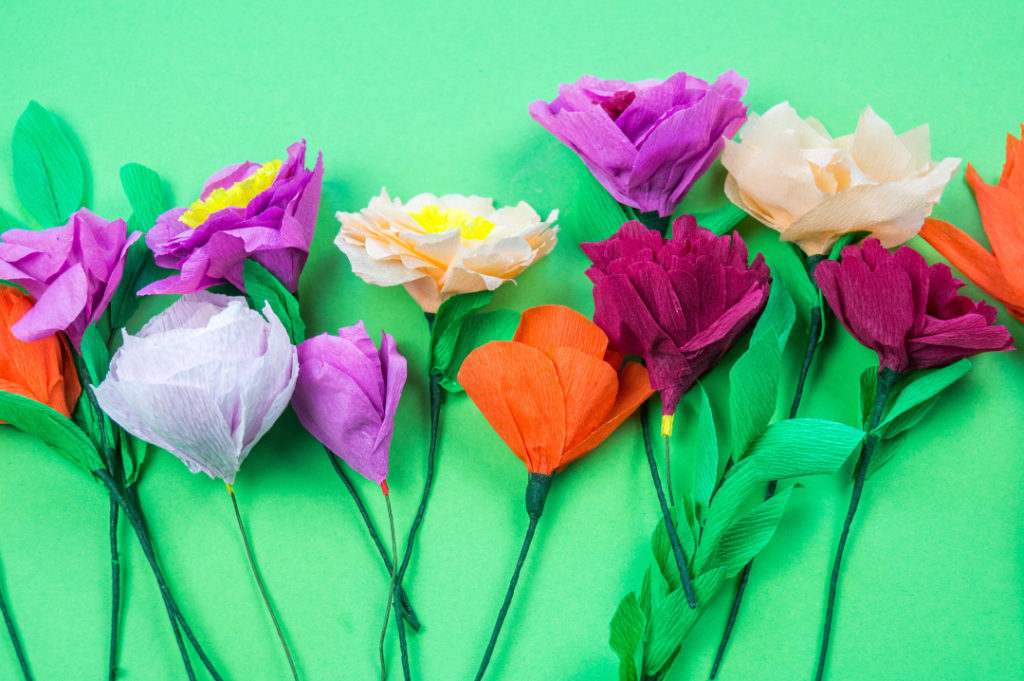The Walker
I’ve come to recognize a particular sound. The sound of a walker as it thumps, drags, and scrapes across the floor. My husband, Mark, is now using a walker. I’m not sure if he is pushing the walker or the walker is pulling him. Whichever it is, I am grateful it is keeping my husband […]





